Sightseeing Spots
Search Results308
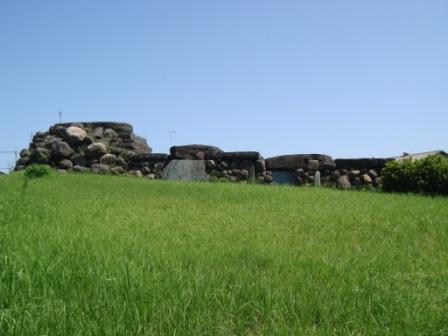
The Hachimanyama Kofun (Mount Hachiman megalith tomb) in Gyoda City is the main tomb of the group of Wakakodama tombs found in this area. Restored in 1981, it is estimated to have been built in the 7th century and has a diameter of 80 meters. The “Urushi Nuri Mokkan" (lacquered wooden casket) was excavated from the stone hut in almost perfect condition, with those buried inside assumed to have been people of power. It is called “Kanto-no-Ishibutai" (the stone stage of Kanto) because it is similar to the Ishibutai Kofun (stone stage tomb) at Asukamura of Nara Prefecture.

This brewery was established in 1805 when Omi merchant, Shoemon Yokota, traveled from Edo to Gyoda City in search of good water. The area closest to Tone River and Arakawa River was found to have plentiful groundwater and this brewery continues to produce exquisite sake made from it. Employing Nanbu-style brewing techniques, known for producing a high quality Ginjo sake, they produce sake in which one can taste the spirit of the brewer, a highly regarded "sake of excellence."
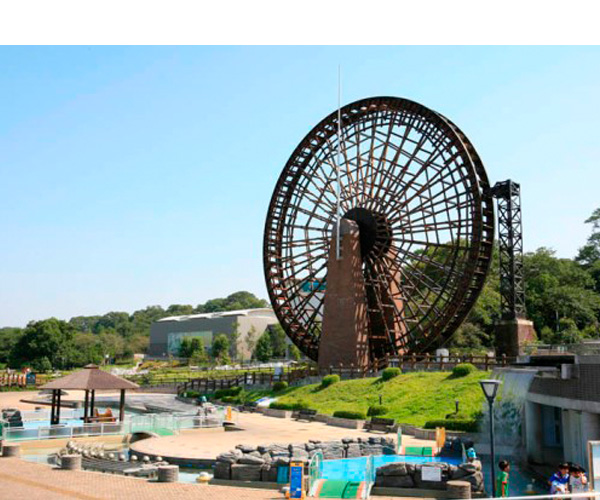
The Saitama Museum of Rivers is an experience-oriented comprehensive museum centering around the Arakawa river with the theme of water and the livelihood of people.
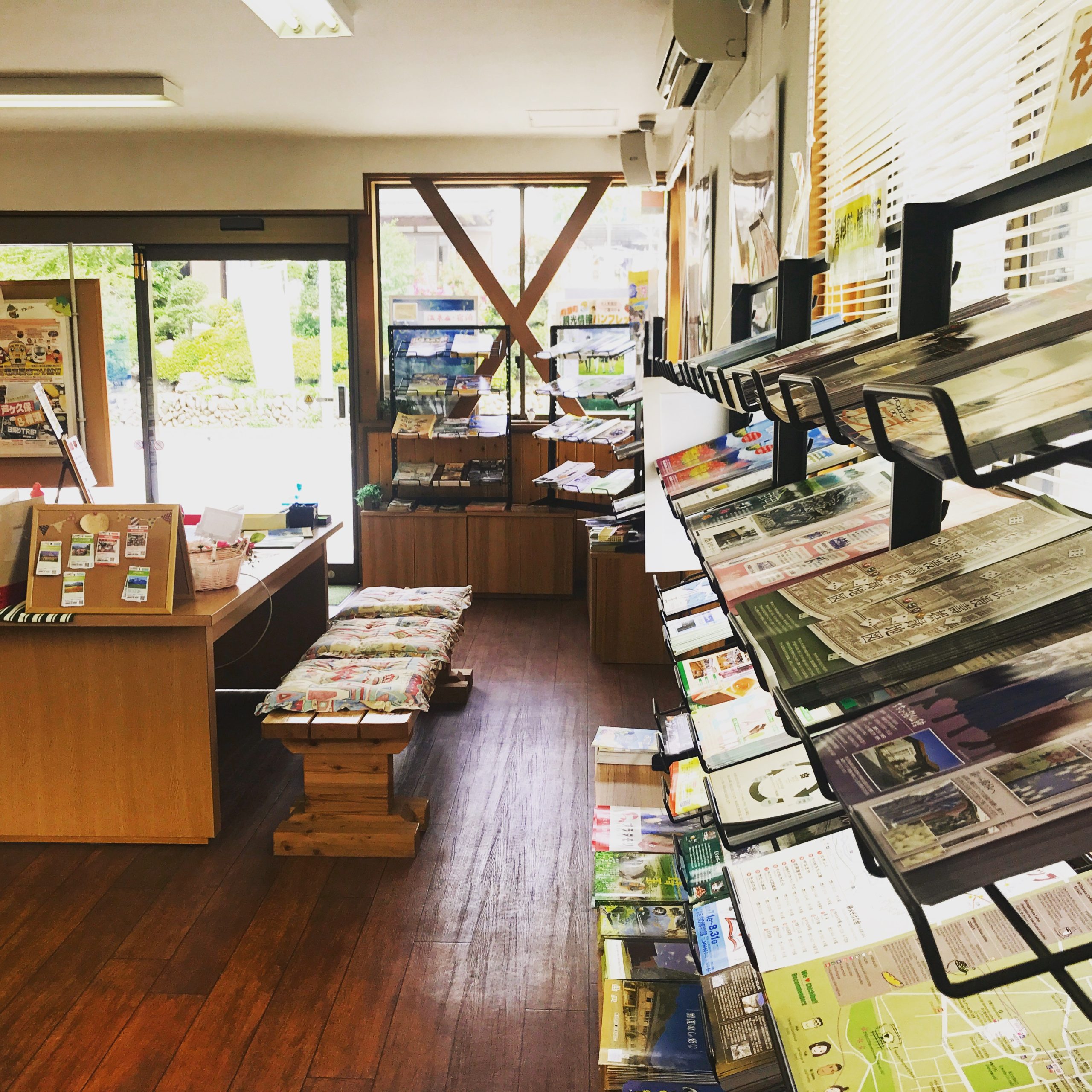
Your tour of the Chichibu region and nature-filled Yokoze starts here! Find out more about tourist destinations, seek out new flavors, and find all the information you need for restaurants and lodging. It's an information office full of vibrant energy ♪ There are also rental cycles and Mt. Buko goods for sale, so please feel free to stop by!

Surrounded by splendid nature, this is a factory where you can build canoes with the local Nishikawa timber. You can also rent canoes and try them out before building your own. Or just stop by if you're simply looking to have some fun in the river!
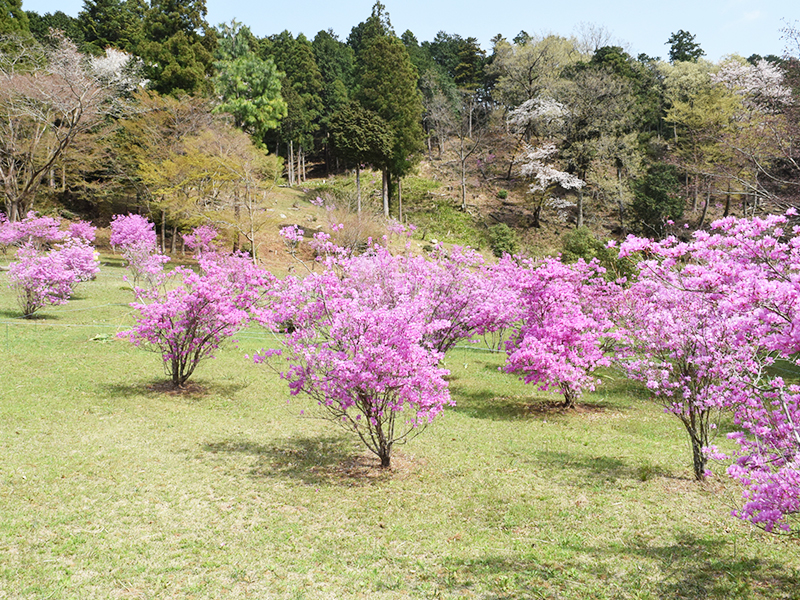
This flower garden, dedicated to a variety of early-blooming azalea called Rhododendron dilatatum (mitsuba tsutsuji), was born from the cultivation of this piece of mountain forest over a span of 10 years. In early April, roughly 2500 flowers bloom creating a world of stunning floral beauty!
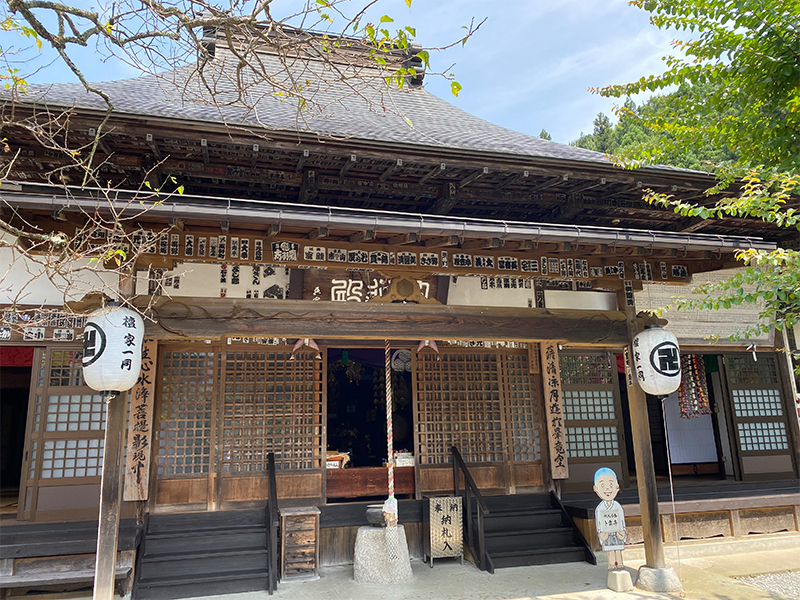
At Bokuunji Temple of Mt. Kōyō, also known as Oginodo, the main deity of Saint Kannon is said to have once stood on the summit of Mt. Bukō. Bokuunji Temple is also dedicated to rare items such as a Seiryoji-style Sakyamuni statue, a picture scroll of good fortune, and a tooth of Yamanba (a mountain witch). A magnificent view of Mt. Bukō is visible from the front of the temple.
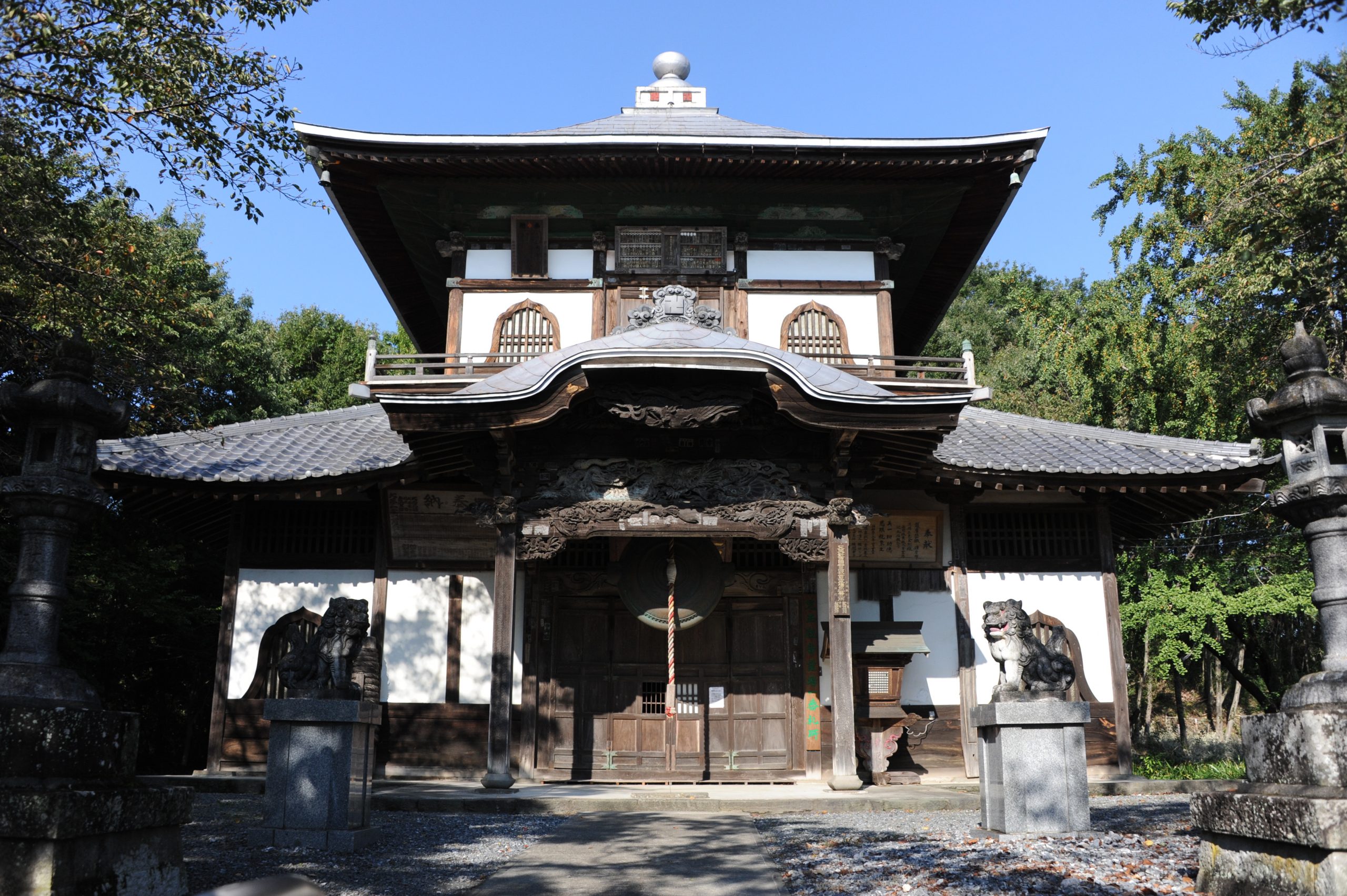
Jōshinin Hyakutai Kannon-dō, commonly called “Sazaedō,” was built to mourn the victims of the great volcanic eruption of Mt. Asama in 1783. The architecture has a rare helical structure with two exterior layers and a three-layer interior spiral corridor, enabling worshippers to practice the Buddhist etiquette of walking around a corridor three times in a clockwise direction (unyosanso). The first layer enshrines the Kannon of the Chichibu Sacred Site No. 34, the second layer enshrines the Kannon of the Bando Sacred Site No. 33, and the third layer enshrines the Kannon of the Saikoku Sacred Site No. 33. The reception desk is located at the Honjo City Tourism and Agriculture Center.
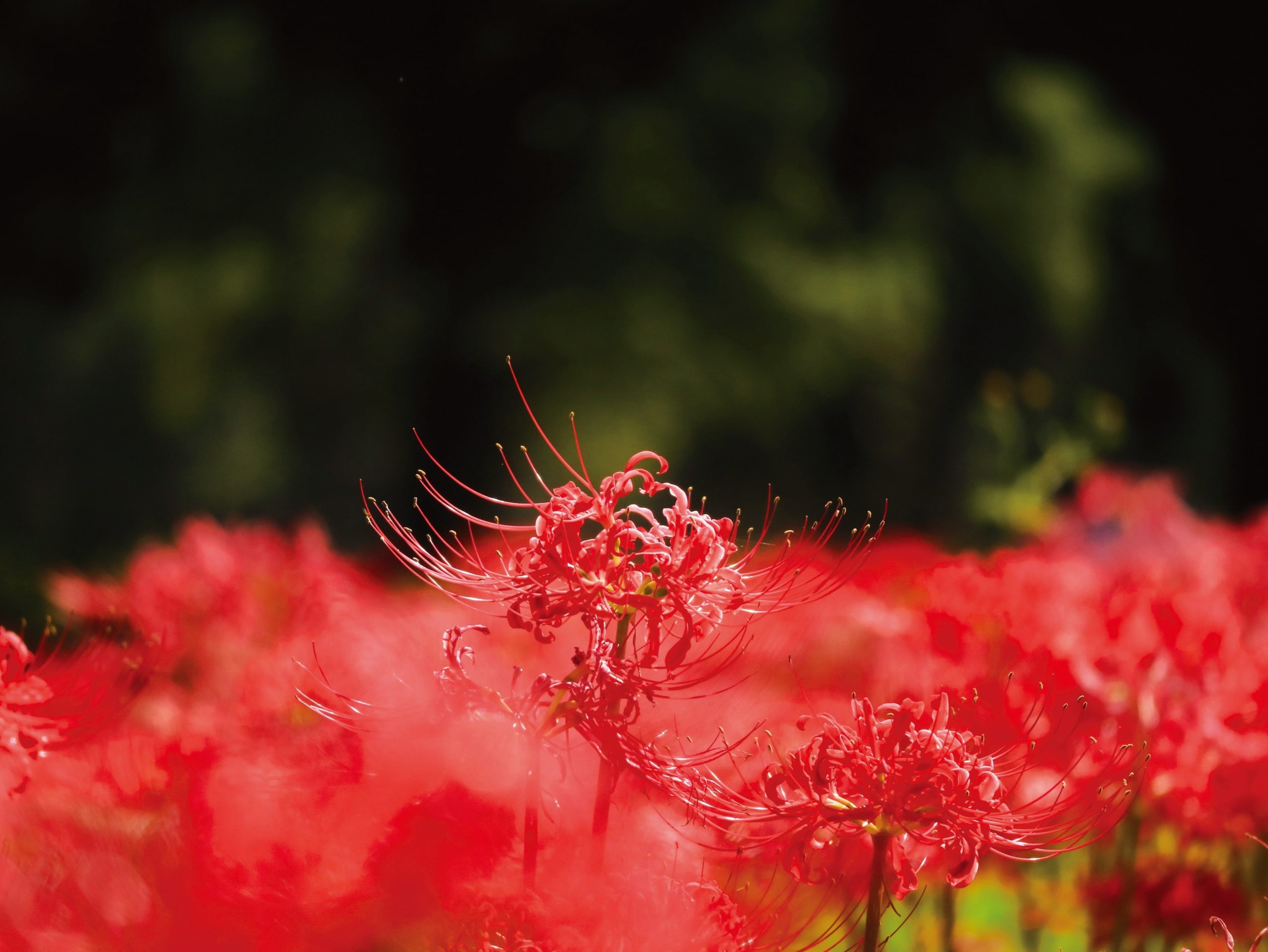
This field of spider lilies was planted on the banks of the Karasu River by local volunteers. The carpet of red flowers blooms along the Karasu River in autumn, with Mt. Haruna and the clear blue sky providing the backdrop for a spectacular view.
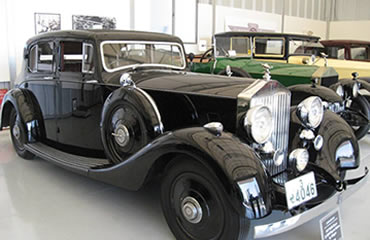
This is a museum for classic Rolls Royce and Bentley automobiles which displays among others, Jirō Shirasu's beloved Bentley, and the Rolls Royce of the former prime minister, Shigeru Yoshida. Watch the opening and closing of the doors, listen to the sound of the engines, and see the cars in motion, feeling the power of these formerly active classic automobiles, in the present day.
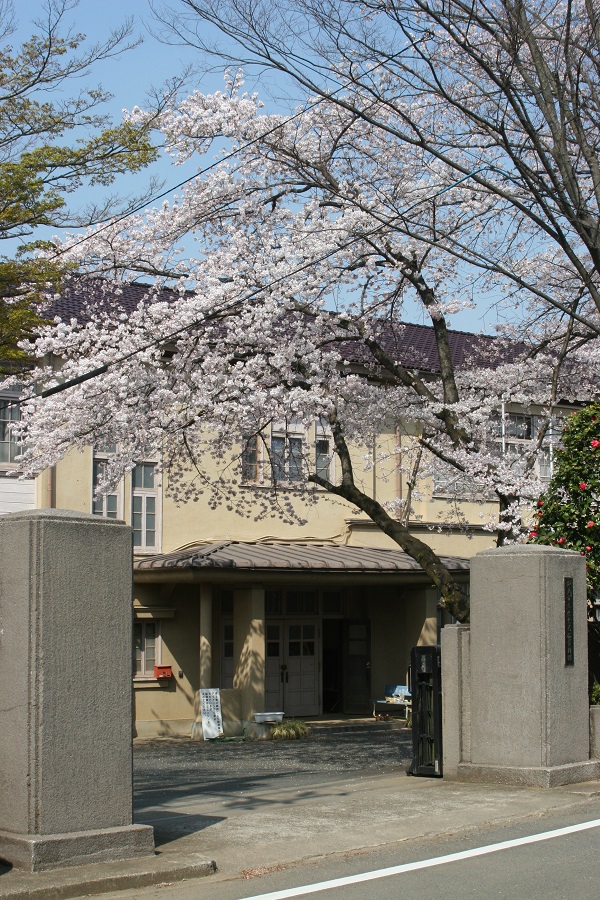
The Sakado City Historic Folk Museum was opened in October of 1980 as part of a municipal commemorative project with the aim of contributing to the development of education, learning, and culture. The building is a reconstructed and repaired portion of the former Suguro Elementary School building, and displays archaeological artifacts excavated from ruins found in the city, as well as folk materials collected from each region. The many folk tools on display are the witnesses of history; representing the wisdom gathered by local predecessors after years of cherished use, while also demonstrating the lifestyle at that time. In addition, archaeological artifacts such as the Haniwa human clay figures excavated from the Kitamine Kofun tombs and roof tiles from the ancient abandoned Suguro Temple, are materials representing Sakado City. In addition to permanent exhibits of these materials, the museum also holds special exhibits of folk tools.
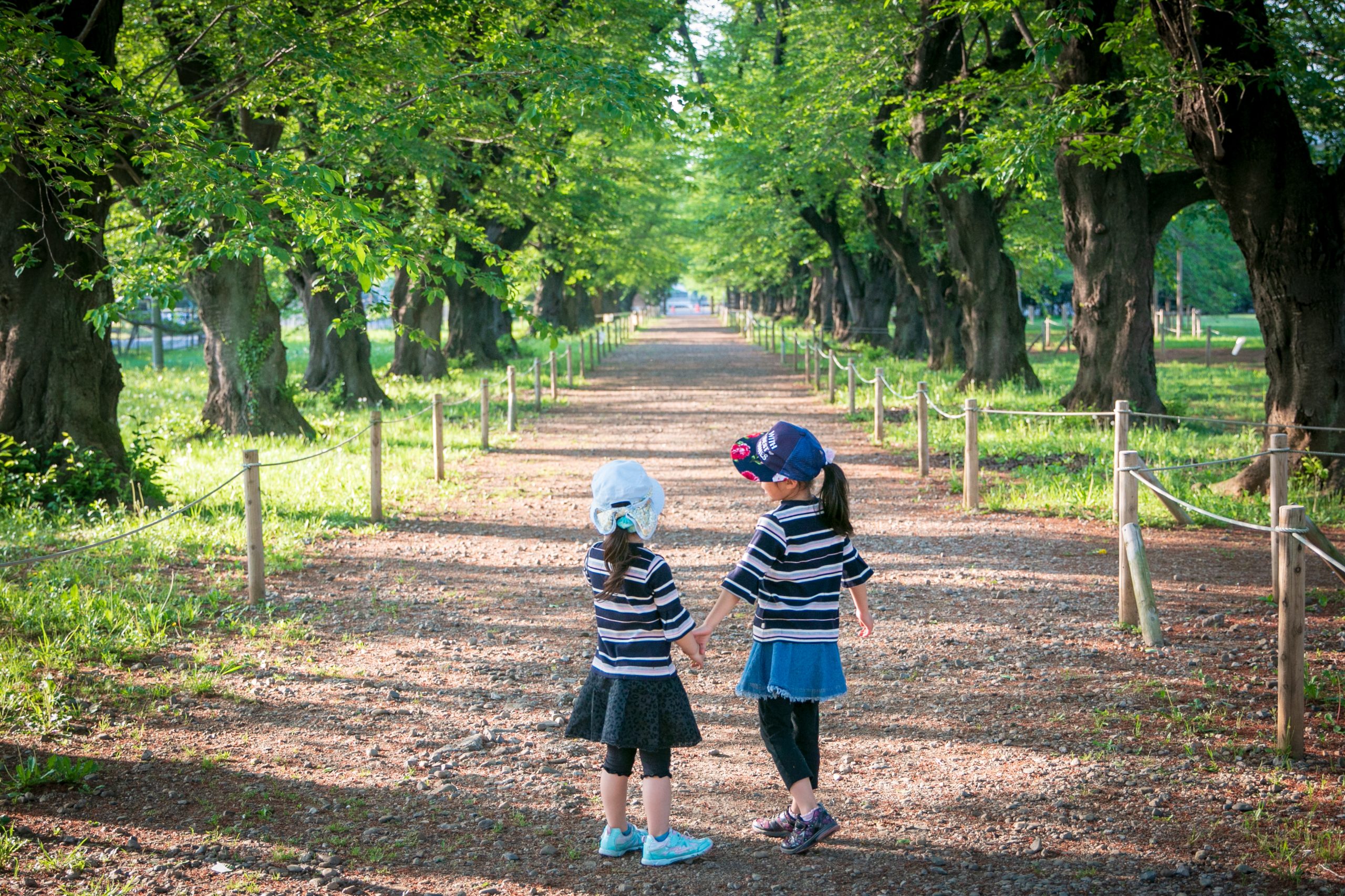
"Musenyama, KDDI Forest" is number thirteen of the fourteen designated Green Trust Conservation sites in Saitama. Located on the eastern edge of Ōmiya Plateau, the area consists mainly of jolcham oak and other deciduous broad-leaved trees. On the west side, there is also a row of Yoshino cherry blossom trees that attract many people in the spring. There was once a station for wireless transmission belonging to KDDI Corporation located here. As a result, the mountain area was nicknamed "Musenyama" (the wireless mountain), by locals.
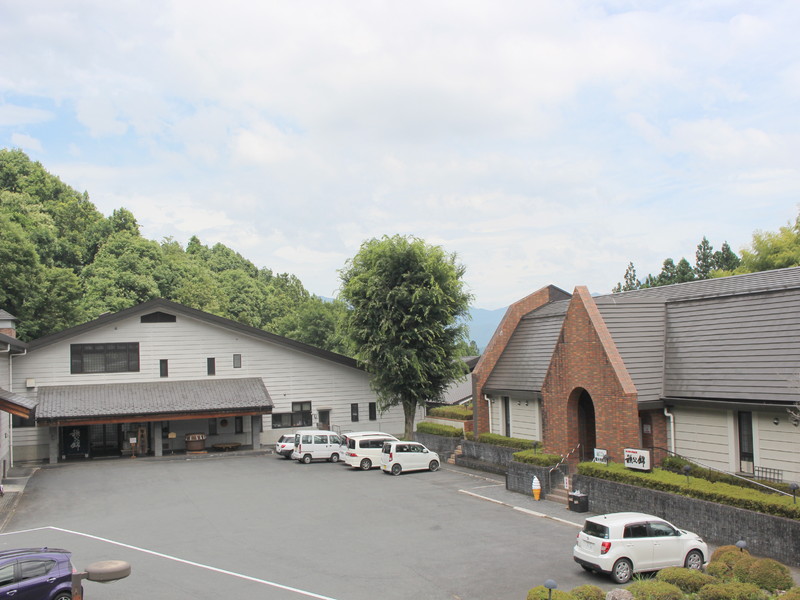
At our product store, locally brewed shochu “Chichibu Nishiki,” liquors and various Chichibu specialty goods are available. You can also try a wide range of alcohols at the tasting area.
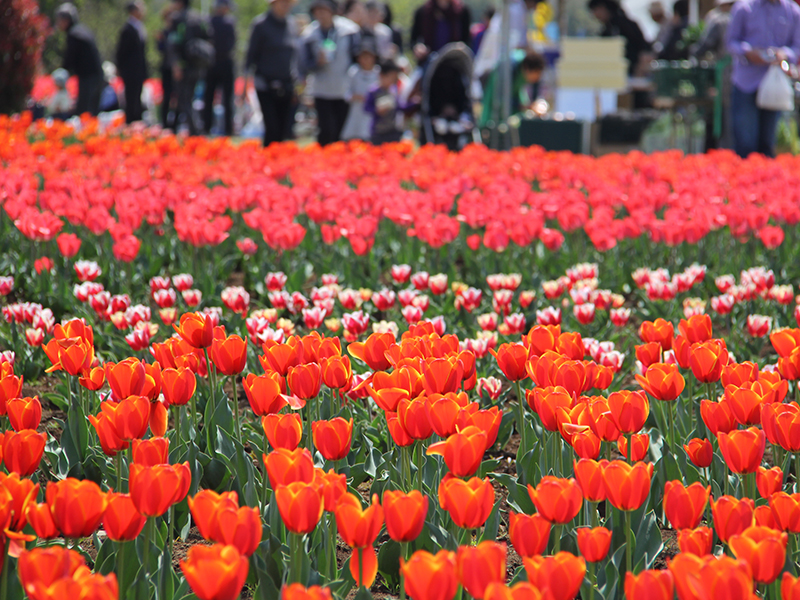
Hana no Oasis (flower oasis) is a park located in the Teraya district, the birthplace of flower production in Konosu. In spring, a tulip festival is held among 40,000 tulips. In autumn, you can enjoy the late-blooming sunflowers.
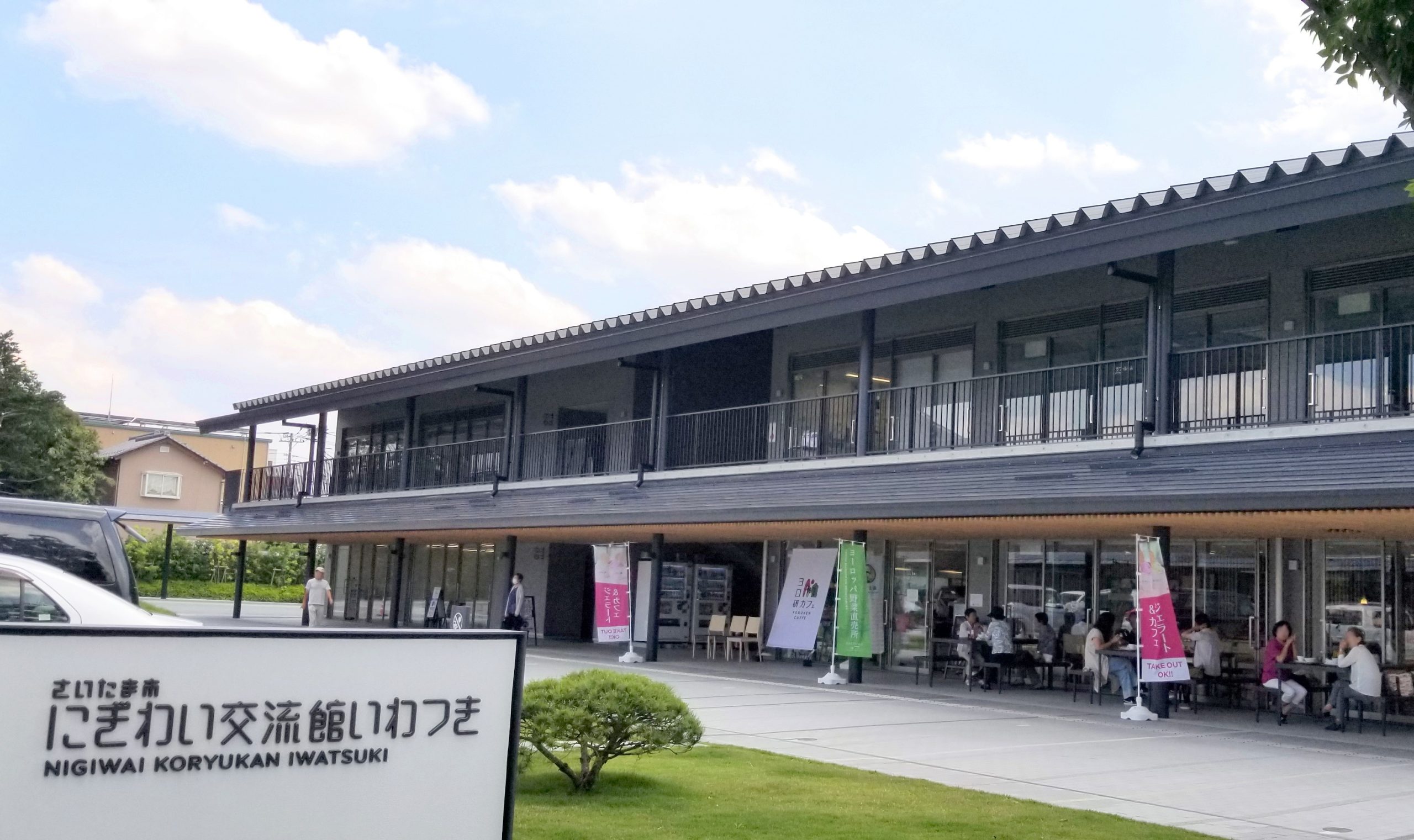
At our exchange center, attached to the Iwatsuki Doll Museum, we promote the history and culture of Iwatsuki. You can participate in various fun events, try cafe menus, local specialties, eat delicious locally harvested vegetables, gain new knowledge, and meet new people! This is a joyful place where people and information come together.
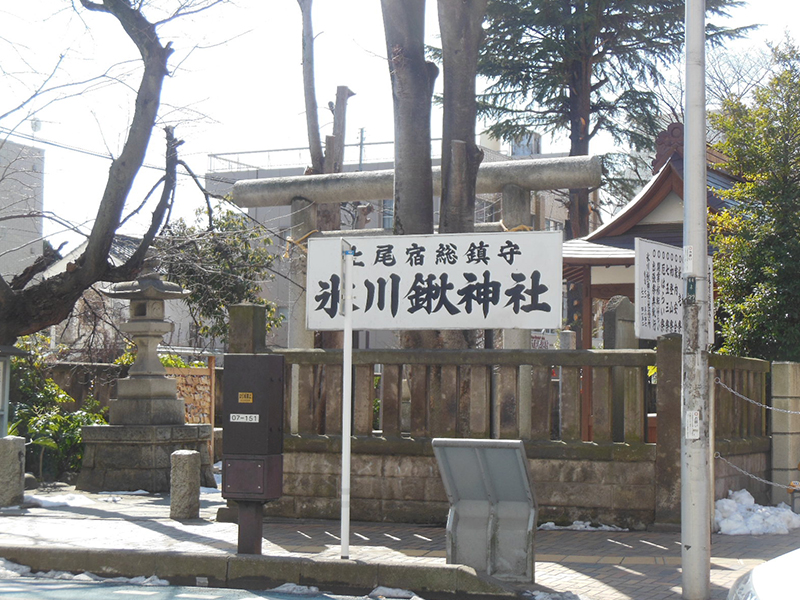
Hikawakuwa Shrine has been a local favorite since its establishment during the Edo period. In addition to the main shrine, the grounds include two halls dedicated to the god of learning, Tenjin, and Chinese philosopher, Zhu Xi. There is also a shrine monument to the life of Unmuro, the Hall of Prince Shotoku, and the Sengen Shrine.
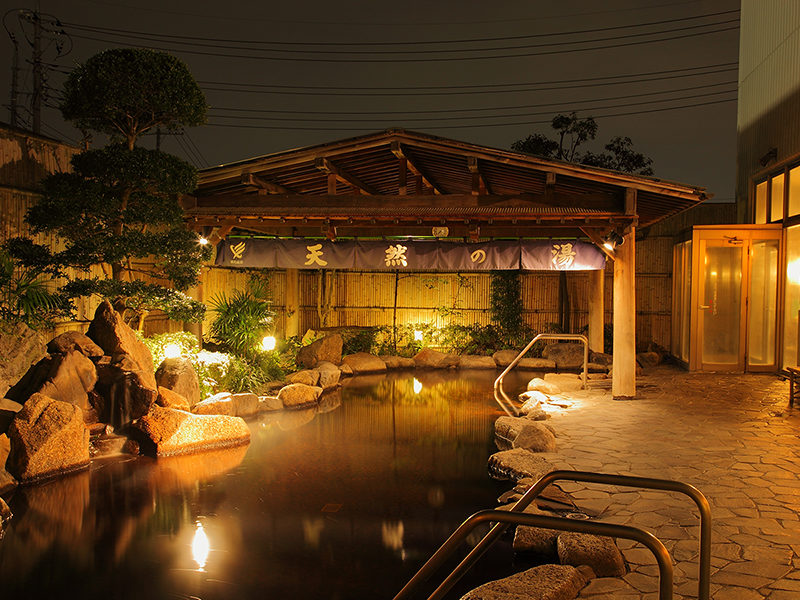
The waters of this hot spring contain no sodium, classifying it as a "simple" alkaline hot spring, a rarity in the Kanto region. The color of the water is dark brown but sparkles gold when hit by sunlight. Soaking in the hot spring will make your skin smooth, and you are guaranteed to have a relaxing time.
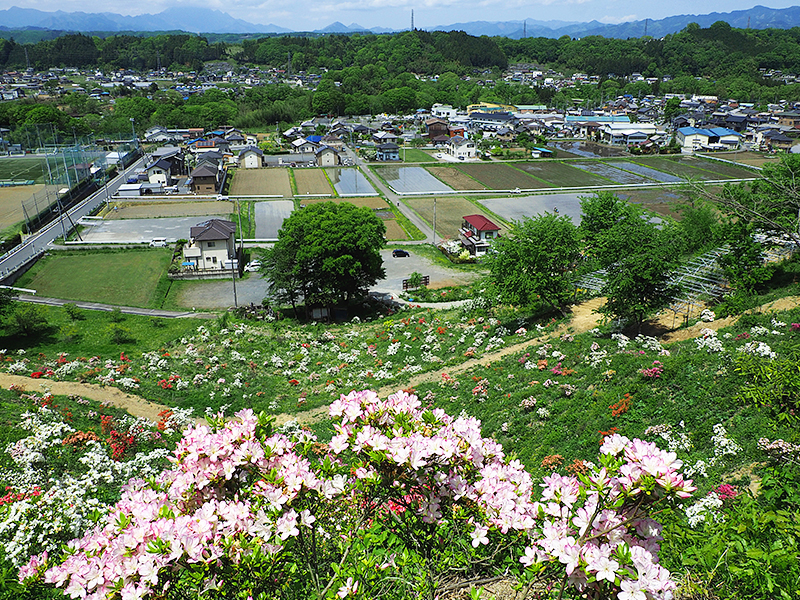
This small, charming hill of approximately 4 hectares has been maintained by local residents and volunteers as a gathering place to watch flowers bloom. Visitors can enjoy a carpet of greenery and mainly white flowers like out of a fairytale; over 6,000 flowers and trees that change from season to season. The town also collaborated with Musashino Art University for a joint project between government and academia to create three integrated artworks, adding even more charm to the park.
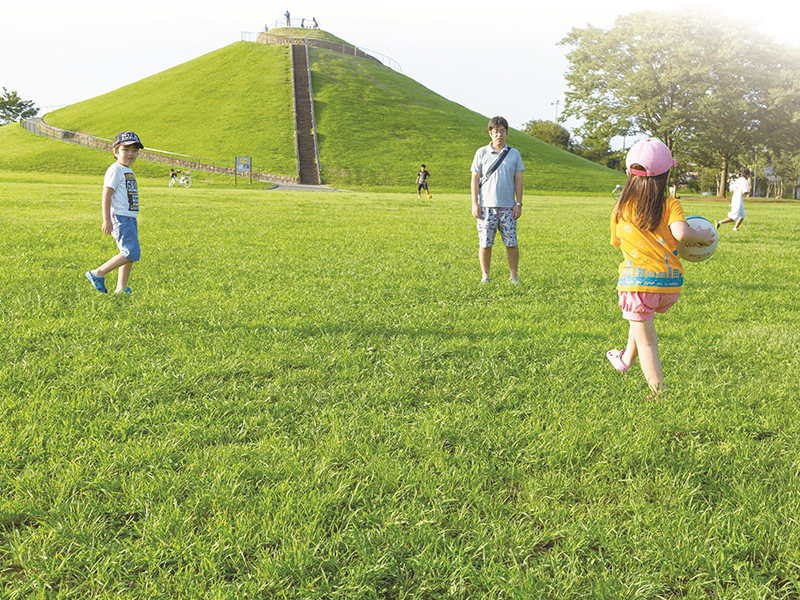
From the top of the park's symbol, the 16-meter high "Yoshikawa Mount Fuji," you can enjoy a panoramic view of the city. On a clear day, you can see the Tokyo Sky Tree and, if you're lucky, you can even see the real Mount Fuji! The majority of the park is covered by green lawn, making the park feel spacious and open.
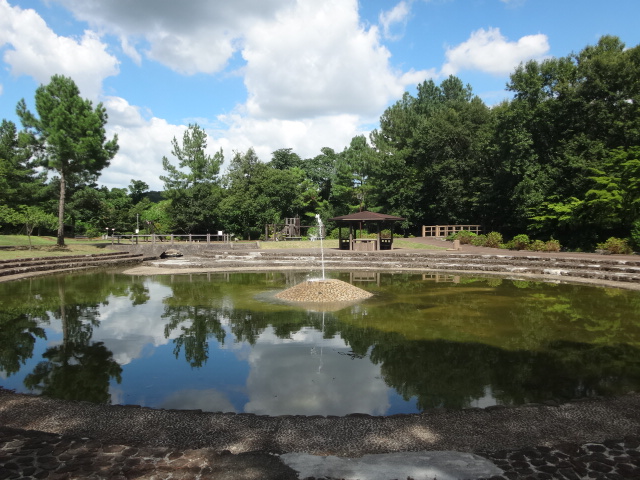
Hatoyama Farm Village Park is a park that is free of charge to enter, surrounded by water and greenery. The park is popular with families and used as a resting spot throughout the year.
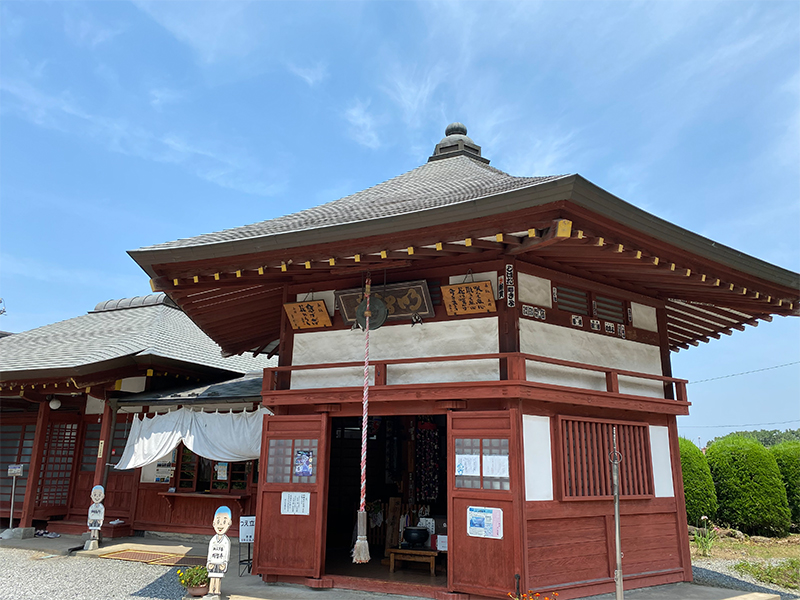
A temple for safe childbirth and child-rearing, and protection from evil. The main deity of the temple, Nyoirin Kannon, or Cintamanicakra, is said to be the God of Mercy and Wisdom, who holds a wish-fulfilling jewel that removes evil and purifies the clouded mind, relieves suffering, and bestows prosperity by giving gold and silver treasures. In the precincts of the temple are three Muromachi period (1336-1573) blue stone pagodas of the three Amitabha images and a mound of letters from the first year of the Hoei era, in which women wrote down their wishes and deposited them.
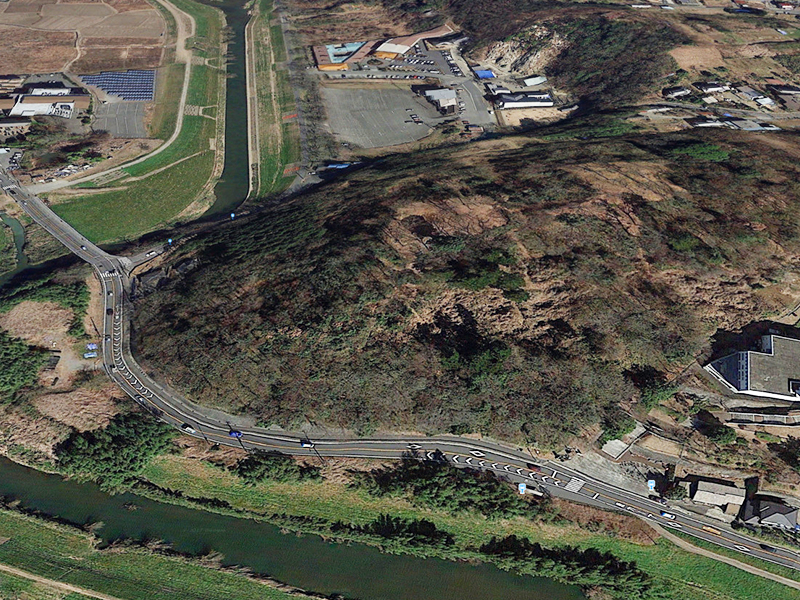
Matsuyama Castle Ruins, built at the top of the Hiki Hills, is one of the most prominent flat mountain castles in the Kitamusashi region and was designated a prefectural historic site in 1925. In 2008, it was added to the Hiki Castle Site Group, alongside the already designated Sugaya Yakata ruins (Ranzan Town), Sugiyama Castle ruins (Ranzan Town) and Ogura Castle ruins (Tokigawa Town, Ranzan Town, and Ogawa Town). The castle is surrounded by a low marshy area formed by the Ichino River, creating a natural fort.
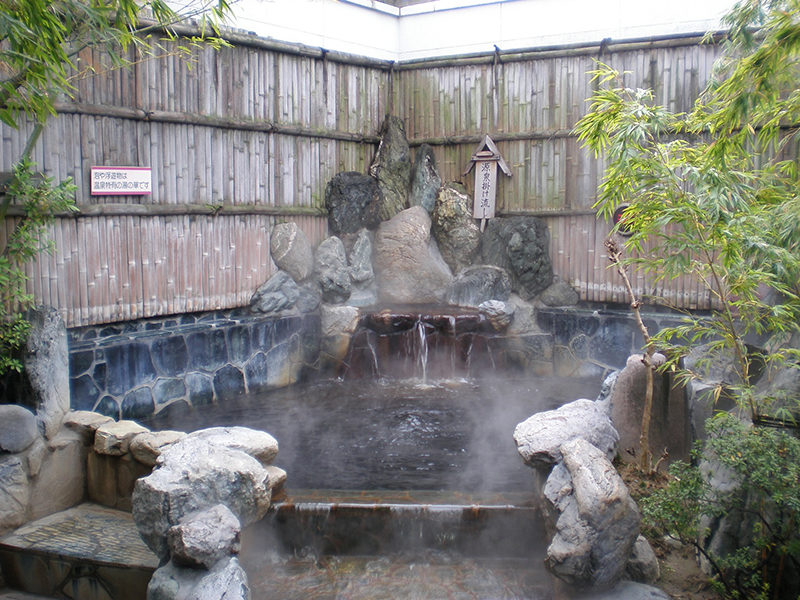
This black water (kuro-yu) hot spring, distinct to the Kanto area, is located along the National Route 4 bypass. In addition to the hot spring baths flowing directly from the source, you can enjoy jet baths, salt saunas, high-temperature saunas, medicated baths and utaseyu (striking water baths).
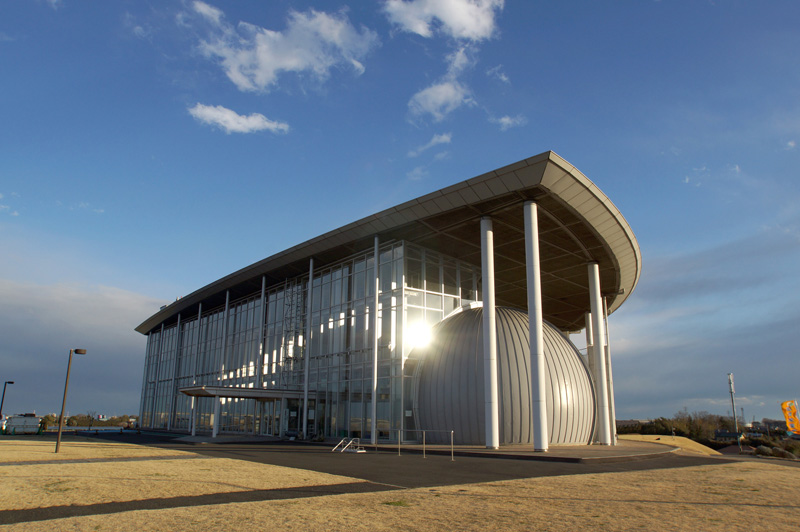
This facility, marked by its unique outer appearance, is a comprehensive learning facility with a planetarium, astronomical observation room, large-screen displays, hands-on learning rooms and workshops. There is also an attached restaurant, farmers market and the Ukino Miso processing facility. The planetarium was renovated and reopened on March 22nd, 2015. It features the latest monocular ultra-high resolution 8K-compatible digital projector, that can project realistic and powerful images of the starry skies and outer space, giving hope and excitement to people of all ages.
This site uses cookies to improve the user experience. If you continue to browse, you consent to the use of cookies on this site. Accept
CONTACT
